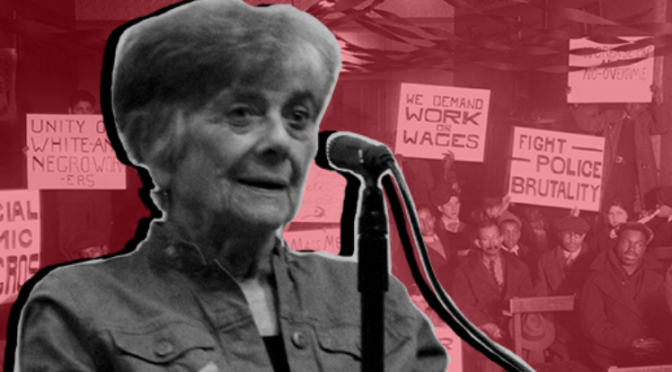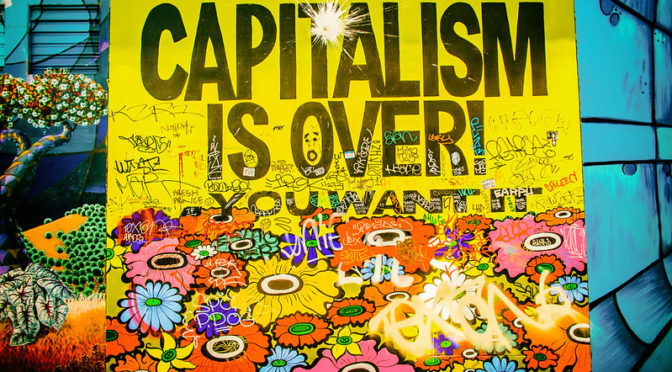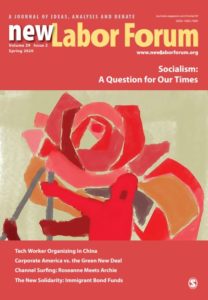The post was originally featured at Organizing Upgrade. Reposted with permission.
By Marc Kagan
On April 23th, 2020, some 26.5 million Americans were unemployed, and the St. Louis Fed has estimated that 47 million people may be unemployed by the end of June, with unemployment reaching 32%. The Congressional Budget Office expects at least a 9% unemployment rate through 2021 and perhaps beyond. Tens of millions more will have exhausted their savings, facing mounting debt, evictions, foreclosures. All this on top of the existing problems of neoliberalism’s economy of precarity. As is usual, the crisis will hit the working poor, people of color, and youth the hardest.
What strategies and tactics can organizers and working people more broadly draw on today, in order to build social and political power in this crisis? Historically, the unemployed have organized themselves into networks of mutual aid in moments of crisis, but also to make transformative political demands, often with direct action as a central tool. Marc Kagan talked to Frances Fox Piven, author of Poor People’s Movements, about past efforts, and current possibilities. Fox Piven is a prolific writer, a long-time practitioner of the unruly, disruptive behavior she so often advocates, and even an effective lobbyist—she is credited with playing a central role in the 1993 “Motor Voter” Act. This interview has been edited for clarity and length.
Marc Kagan: Tell me about previous efforts of the unemployed and their advocates during economic crises? Are there commonalities that we should be looking to now?
Frances Fox Piven: Of course there are. When large numbers of people are unemployed they become desperate. Just the fact of unemployment and need and starvation is not exactly what drives people to protest, but if they also think that they have some rights that are being violated in this time of disaster, they are very likely to protest. Continue reading The Unemployed Fight Back: An Interview with Frances Fox Piven





